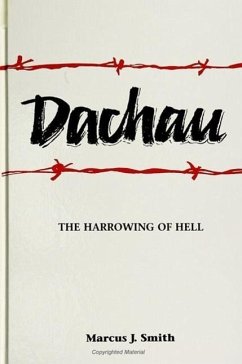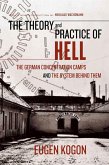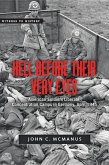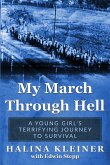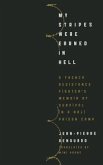Marcus Smith was the sole medical officer attached to a small displaced person (DP) team that was sent to the Dachau concentration camp the day after it was liberated by Allied troops and several days before the shocking conditions of the camp were publicized throughout the world. Several years after his experience at Dachau, believing that we must never forget what happened, Smith unearthed his notes and the daily letters he wrote to his wife and used them as source materials for Dachau: The Harrowing of Hell. From the perspective of a young physician, Smith describes his experiences, shedding light on the immense difficulties and complexities of the large-scale tasks the small DP team completed, against great odds, to combat epidemic diseases and starvation and repatriate the former prisoners. Smith also describes some of the people the team tried to help--men, women, and children from all walks of life, of many nationalities and religions. Smith tells his moving story objectively, with simplicity and grace. While this book is the story of man's inhumanity to man, it is more than an account of Nazi persecution. It is about how Smith, whose previous experience had not prepared him for the immense horror of what he encountered at Dachau, quickly became a public health expert; how a small team improvised relief and combated a typhus epidemic; and how the soldiers of different countries had to get along with each other while dealing with the prejudices of some of the displaced people they were trying to help. Dachau contains six drawings by noted European artist Zoran Music, who was arrested by the Gestapo in Venice in 1944 and incarcerated at Dachau. The drawings were given to Smith when he left Dachau.
Hinweis: Dieser Artikel kann nur an eine deutsche Lieferadresse ausgeliefert werden.
Hinweis: Dieser Artikel kann nur an eine deutsche Lieferadresse ausgeliefert werden.

